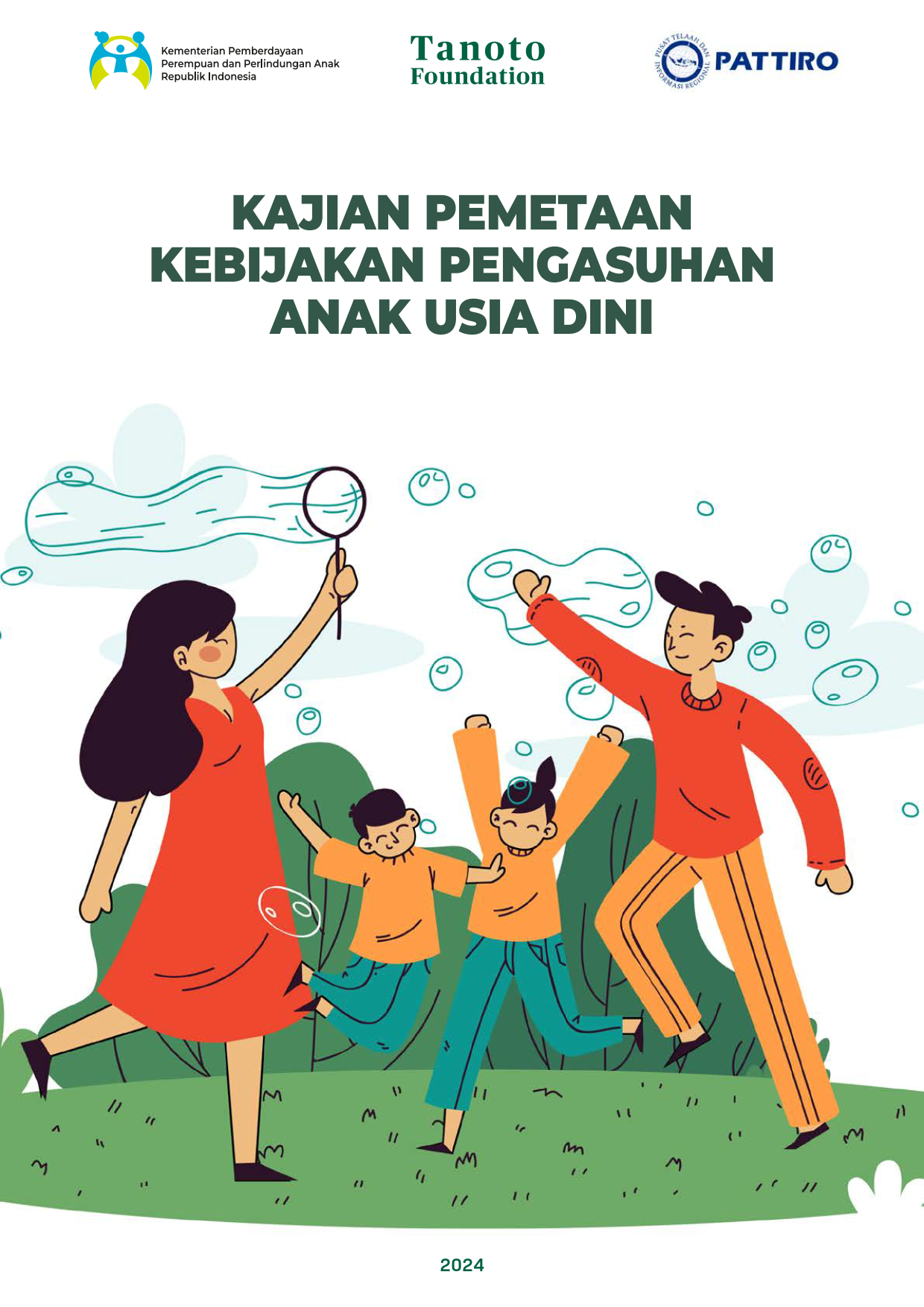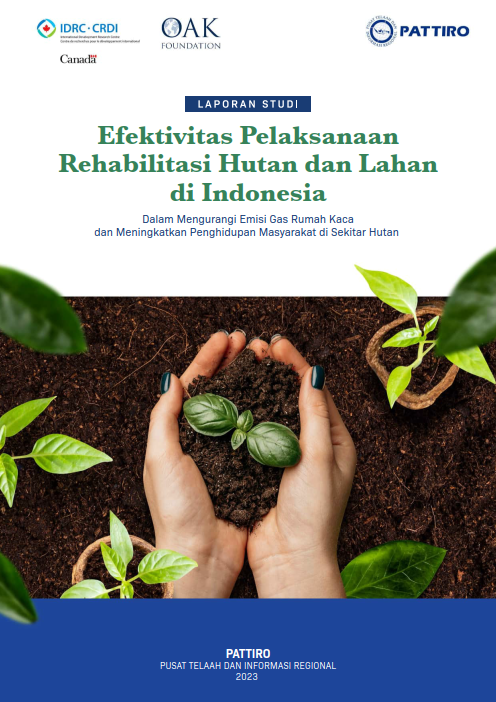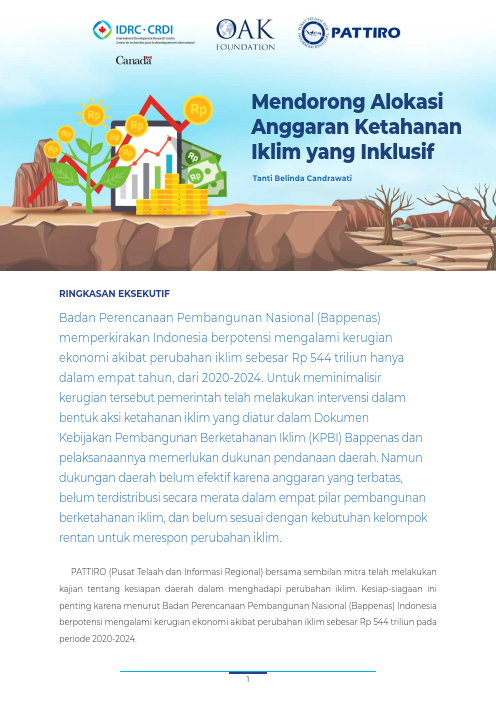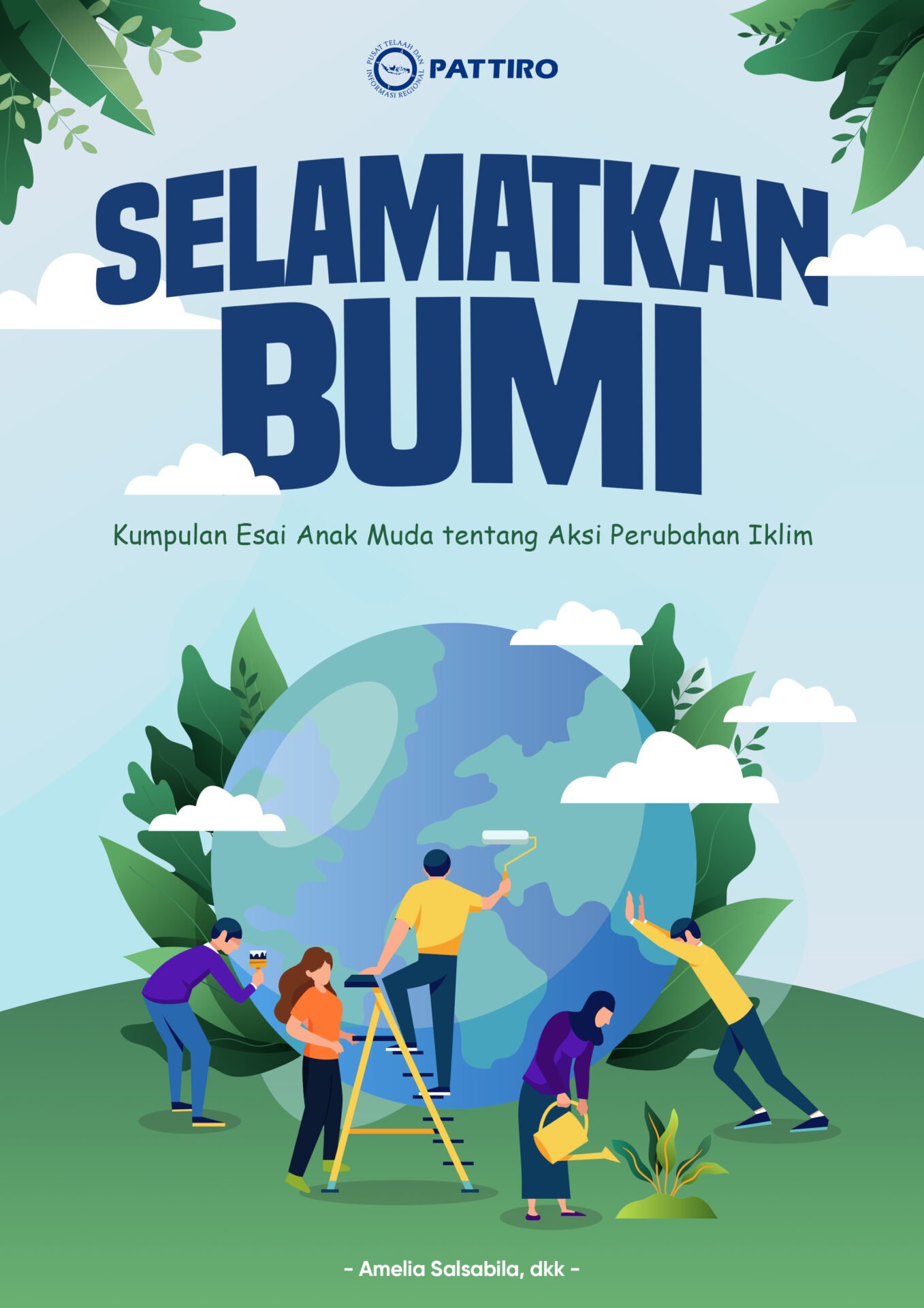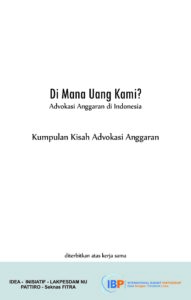 The journey of budget advocacy in Indonesia began with the rise of the anti-corruption movement, precisely since the era of regional autonomy began in 2000. Corruption, which was initially centralized, also shifted to provinces and districts/cities. Regional executive and parliamentary institutions have become hotbeds of corruption. Fighting against corruption was the initial agenda for budget advocacy activists, along with the implementation of fiscal decentralization. Furthermore, budget advocacy shifted to measuring budget allocations in fulfilling basic rights while encouraging a participatory, transparent and accountable budgeting process.
The journey of budget advocacy in Indonesia began with the rise of the anti-corruption movement, precisely since the era of regional autonomy began in 2000. Corruption, which was initially centralized, also shifted to provinces and districts/cities. Regional executive and parliamentary institutions have become hotbeds of corruption. Fighting against corruption was the initial agenda for budget advocacy activists, along with the implementation of fiscal decentralization. Furthermore, budget advocacy shifted to measuring budget allocations in fulfilling basic rights while encouraging a participatory, transparent and accountable budgeting process.
The book you are reading seeks to document the experiences of budget advocacy activists when dealing with various cases of corruption and poor regional budget management. The range of experiences recorded in this text is quite broad. Fitra National Secretariat's report, Isn't Enough? for example, shows that budget advocacy cannot be separated from aspects of regulations and legislation
In another part, PATTIRO Malang shares their experiences in encouraging the formation and implementation of regional budgets that are oriented towards fulfilling the basic rights of citizens, especially education. Their advocacy experience can be seen in the article Achieving the Right to Education Through BOSDA.
Fulfilling the right to health is also a target of the budget advocacy movement. The urgency of this issue has sucked up a lot of resources from civil society organizations, one of which is the Initiative Association, Bandung. Their efforts to develop a budget policy basis that guarantees access to cheap health services is contained in
Healthy is Cheap and Easy. It is hoped that the Regional Regulation on health insurance will be a starting point so that health services for the poor are cheap and easy to reach.
Of the many health problems in Indonesia, reproductive health of women and children is a fairly prominent part. The high maternal mortality rate, various cases of malnourished children (babies born with low birth weight) are the background for the health budget advocacy movement carried out by women's groups. The involvement of women in integrated service posts or better known as Posyandu is an inspiration for PATTIRO Surakarta to answer advocacy challenges in that sector. Their report is in the article Marrying the Role of Citizens and APBD Contributions in Posyandu.
Encouraging the role of marginalized groups in advocating for budgets in fulfilling their basic rights is also carried out by groups with disabilities (different abilities). SAPDA's efforts in Encouraging the Awakening of Disabled Persons to Fight for Rights began to materialize from its advocacy process carried out in Yogyakarta.
A similar thing was done by a farmer group organized by KSPPM in North Tapanuli Regency. In Indonesia, which is an agricultural country with an average population farming, farmers should be more prosperous and receive adequate budget allocations to increase agricultural output. The article entitled Understanding the Budget for Harvesting Prosperity tells of farmers' efforts in advocating for agricultural budgets.
Fulfillment of economic, socio-cultural rights as a basic right of citizens through the budget is complemented by advocacy in the budgeting process for the fulfillment of civil and political rights. In the budgeting cycle which begins with planning, the bargaining position of civil society and marginalized groups will greatly influence the direction of budget policy. With the keywords participation, transparency and accountability, improvements to the budgeting process are carried out by elements of civil society.
Efforts to encourage Institutionalization of Regional Budget Participation and Transparency were carried out by P3ML in Sumedang Regency. Through the Regional Regulation on Regional Planning and Budgeting Procedures, the idea of regional indicative ceilings and the Musrenbang Delegation Forum is stipulated in the Regional Regulation. This regional regulation has become a reference for advocacy in many regions in Indonesia.
Apart from institutionalizing the budgeting process in a statutory regulation, strengthening the budgeting process is also carried out by consolidating all elements of civil society in the regions. Civil society networks have become a force to influence regional budgets. Relevant experience regarding this matter was written by FITRA Riau in the article Budget Reallocation Towards Effectiveness and Efficiency.
Encouraging pressure groups to fight for budget allocations that favor the people is very effective and moving. One of them is the experience of the NU Lakpesdam which was recorded in When the People and Ulama Advocate for the Budget. Through Batsul Masail as a decision-making method for ulama, budget problems are discussed and resolved. This experience in Cilacap Regency can be an effective model for other regions to strengthen advocacy.
Apart from encouraging religious groups to be involved in the budgeting process, several institutions that care about gender responsive budgeting encourage women to participate in the budgeting process. They not only pursued a minimum quota of 30% women in political participation but created their own procedures to unite women in one voice through the women's Musrenbang. IDEA's experience in No Meaning of Participation Without Allocation is expected to become a model for participation with clear allocation.
These various notes on the budget advocacy process are presented in the book entitledWhere is our money? Budget Advocacy in Indonesia. This book, which is printed in two languages, is expected to provide a direct overview of the budget advocates' notes. We hope that the stories of success, failure and changes in this text can be an inspiration for readers in understanding budget advocacy in Indonesia.
The process of summarizing this story is a follow-up to the meeting of five budget advocacy institutions (IDEA – Initiative – Lakpesdam NU – PATTIRO – Seknas FITRA). These five institutions are proceeding with the support of the Partnership Initiative of the International Budget Partnership to provide an overview of the most significant changes in budget advocacy carried out in Indonesia.
It must be admitted that budget advocacy activists who are passionate about the process of carrying out advocacy are often in disarray when writing about their experiences. However, the writers' hard efforts to present and summarize their notes and memories deserve appreciation.
We would like to express our thanks to the collaborative core team of 5 institutions, writers, editors and translators who have been in the process of presenting this book. We would like to express our special thanks to Debbie Budlender – who is part of the support of the Partnership Initiative – who was very painstaking in providing advice and guiding with sharp questions during the preparation of this book. In addition, the International Budget Partnership team which has supported this writing process deserves our deep thanks.
We hope that this book can be a valuable contribution to budget advocacy in Indonesia and an inspiration for other countries.
Yogyakarta, 20 Mei 2011
IDEA - Inisiatif - Lakpesdam NU
PATTIRO – Seknas FITRA

